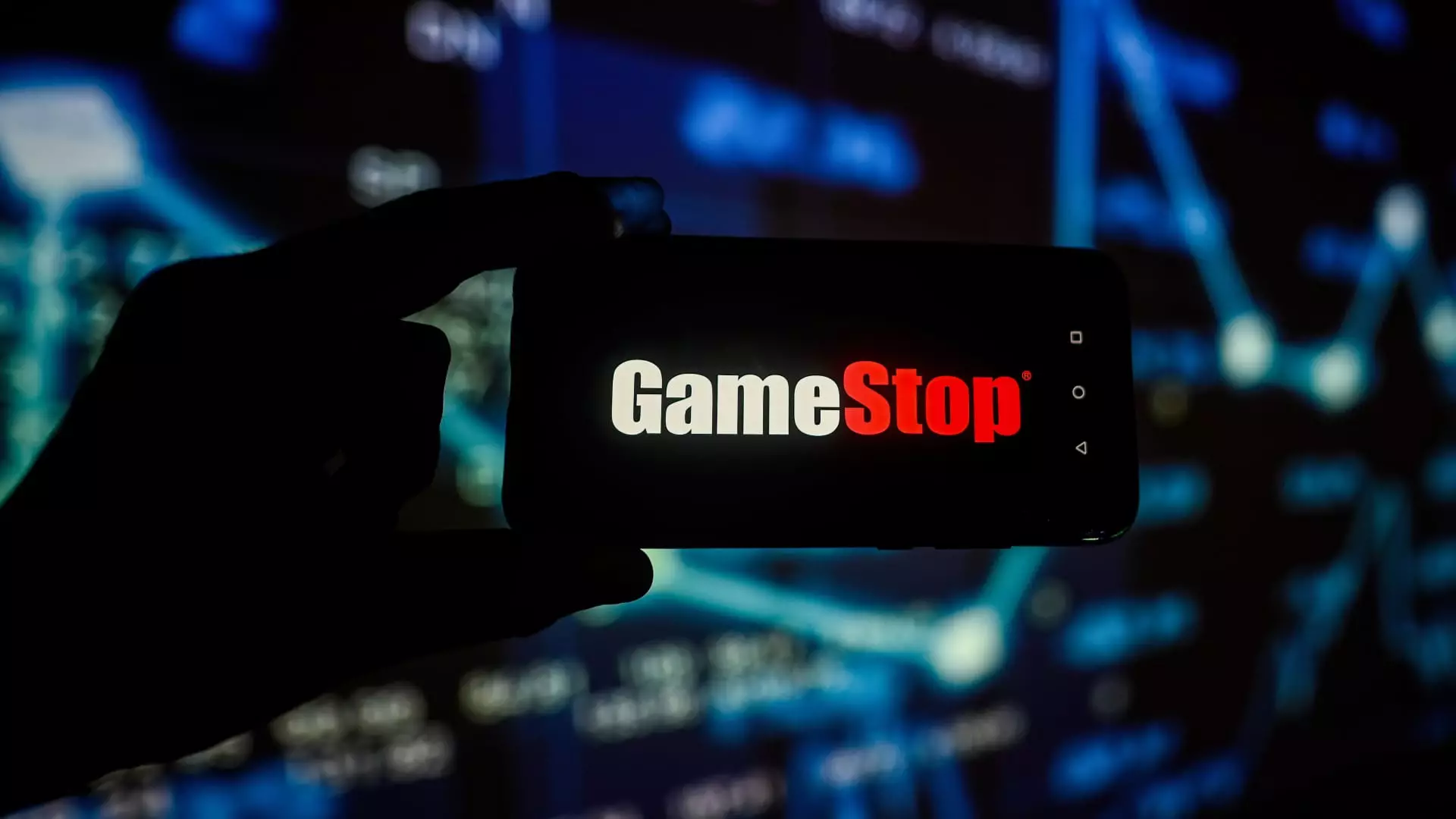The recent resurgence of “Roaring Kitty” has led to a significant surge in GameStop shares, with prices jumping as high as 110%. This speculative rally, fueled by amateur traders, has caused trading halts due to extreme volatility. However, from a fundamental standpoint, GameStop, a brick-and-mortar video game company, does not justify such a dramatic increase in its stock price.
GameStop recently announced job cuts to reduce costs and reported lower fourth-quarter revenue, highlighting the challenges it faces in the competitive e-commerce market. According to Wedbush analyst Michael Pachter, GameStop made only $6 million last year and is expected to continue losing $100 million annually. The company’s core business is in decline, with no clear plan to grow revenues or profits.
Despite reaching an all-time high of $120.75 during the meme stock craze of 2021, GameStop’s shares plummeted to a three-year low of $9.95 last month. Pachter maintains an underperform rating on GameStop with a modest price target of $5.60, indicating his skepticism about the company’s future prospects. At its peak on Monday, GameStop reached $38.20, but its long-term sustainability remains questionable.
The reemergence of meme stock hype coincides with a relatively quiet period in the broader market, with the earnings season coming to a close. The Cboe Volatility Index, or VIX, which reflects market volatility, has been relatively low, hovering around 13. Despite not actively engaging in GameStop trades, investors like Jeff deGraaf are monitoring the situation for potential opportunities. However, the surge in speculative trading could pose a risk to the overall market, particularly amid uncertainties regarding interest rate movements.
Analysts like Mark Schilsky from Bernstein suggest that the recent resurgence of meme stocks may prompt policymakers, such as Federal Reserve Chair Jerome Powell, to consider raising interest rates to address market instability. The wild swings in GameStop shares and other meme names could signal underlying fragility in the market, raising concerns about potential spillover effects on other sectors.
While the return of “Roaring Kitty” and the subsequent speculative rally in GameStop shares may generate short-term excitement among traders, the lack of fundamental support for the company’s valuation raises red flags. Investors should approach such speculative investments cautiously, considering the broader market environment and the inherent risks associated with volatile trading patterns.

